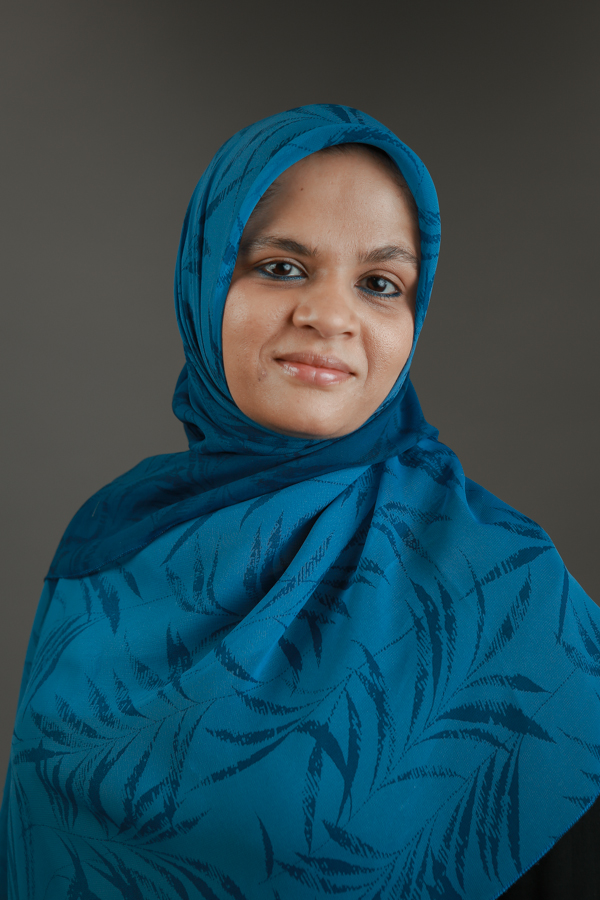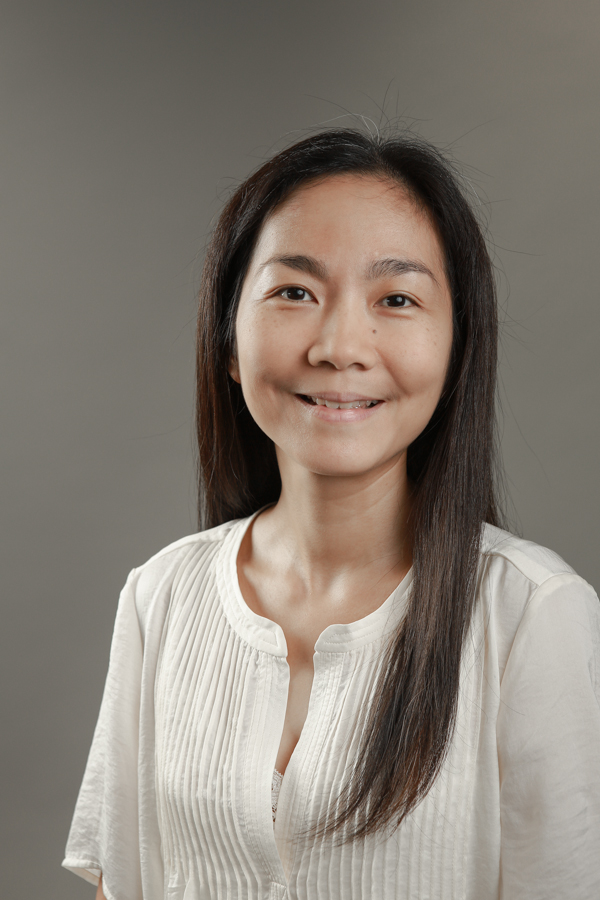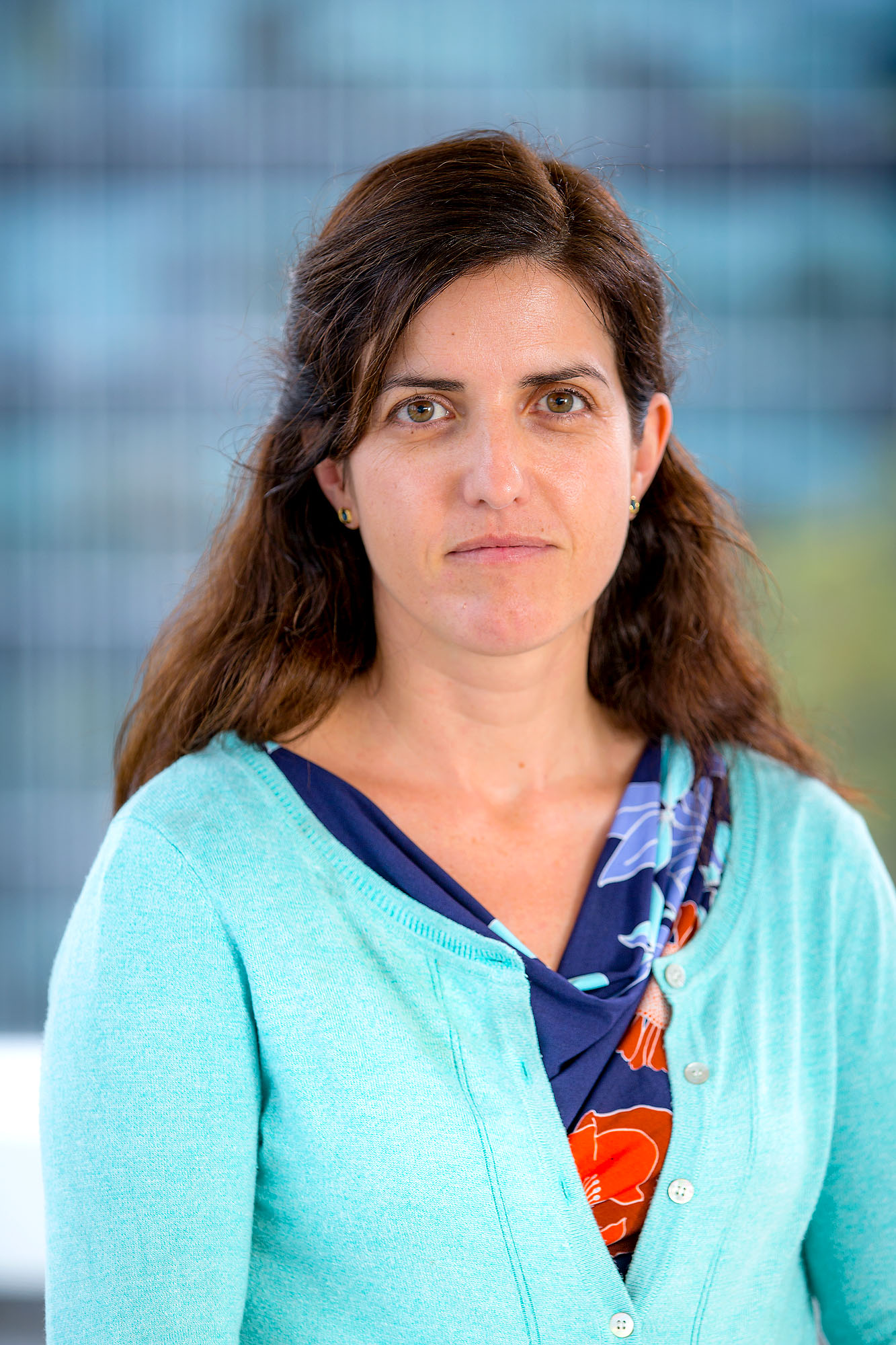Centre for Health Informatics
The Centre for Health Informatics (CHI) researches the design and use of artificial intelligence (AI) and digital technologies to drive fundamental changes in healthcare and ensure we have a sustainable and patient-centred healthcare system. CHI is a multidisciplinary team of research scientists with backgrounds in medicine, biomedical engineering, computer science, pharmacology, electrical engineering, data science, information technology, clinical science, philosophy, bioinformatics, and nursing.
The Centre for Health Informatics is Australia's largest and longest running academic research group in digital health and is one of four research centres within the Australian Institute of Health Innovation (AIHI).
CHI also leads the Australian Alliance for Artificial Intelligence in Healthcare (AAAiH).
Working with national and international collaborators, our research focus is on patient safety, precision health and consumer informatics. With our industry and clinical partners, we use machine learning to create predictive models for a range of diseases and clinical challenges. To ensure technology use is effective, safe and ethical, we identify methods for identification and surveillance of digital health failures.
Working closely with consumers, we use novel research methods to understand their needs and journey, and translate these into new digital tools to help them navigate their lives. Our students study the impact of artificial intelligence and digital tools on the management of events such as massive transfusions, chronic disease states, consumers health literacy and decision-making, shared-electronic health records, and the use of mobile technologies and apps.
Our collaborators and partners include Bond University, The University of Melbourne, University College London and Oxford, the University of Cambridge, Brain and Mind Centre at the University of Sydney, Australian Commission for Quality and Safety in Healthcare, Australian Digital Health Agency, CSIRO Australian E-health Research Centre and CSIRO Data61, Agency for Clinical Innovation, Therapeutic Goods Administration, Local Health Districts, Centre for Emotional Health, Macquarie Cyber Security Hub, Melanoma Institute Australia, Harrison.ai, Annalise.ai, Fujitsu, Telstra Health, Nuvilab and BCal Diagnostics.
Centre mission
Driving change in healthcare and biomedicine by making contributions to:
SCIENCE
Break-through discoveries in computational, communication, cognitive and organisational science needed to support health service innovation and biomedical researchers.
POLICY
Providing expert input and leadership into government, shaping eHealth and digital health policy priorities and goals.
INNOVATION
Invention of novel information technologies and methods that can transfer into industry and health services.
EDUCATION
Training future researchers through postgraduate research degrees, and educating clinicians, technologists and policy makers in health informatics through postgraduate programs.
Research areas
AI Systems Safety
Digital health and artificial intelligence systems (AI) are integral to the modern day transformations of healthcare delivery systems to ensure their sustainability. Digital technologies are also a key enabler for encouraging patients to actively participate in healthcare processes for diagnosis, treatment and prevention. Read more
Climate Change and Digital Health
The Climate Change and Digital Health stream aims to respond to the health impact of climate change using digital technology. Managing data during health crises can be complex; digital health is a central solution to enable healthcare systems to respond efficiently. Read more
Consumer Informatics
Focusing on those with the highest stake in our healthcare system, our research program investigates the impact, design, and science of Information and Communication Technology (ICT) on consumers, patients and their carers. Our research program is unique nationally and internationally, focusing on the impact of consumer eHealth, the design of consumer eHealth and the science of consumer eHealth. Read more
Interactive Clinical AI
The Interactive Clinical AI stream focuses on the use of artificial intelligence and machine learning methods to develop usable patient models and personalised predictions of diagnosis and care. The stream also studies how clinicians and patients interact with health technologies and how Large Language Models can improve patient care. Read more.
Translational AI for Healthcare
The past decade has seen substantive progress in artificial intelligence (AI) technological development, most notable in machine learning. In the application space, intelligent systems that use deep neural network architectures are now emerging from clinical trial and slowly moving into routine care. Read more
Our people
Our people come from diverse backgrounds – academic, industry, clinical and professional. You can find people with expertise in health informatics, artificial intelligence (AI), digital health, app development, medicine, pharmacy, bio-medical engineering, patient safety, information technology and data science.

Director, Centre for Health Informatics
Professor Enrico Coiera
Professor Coiera has worked in health informatics for over three decades and has a wide range of interests in the application of information and communication technologies (eHealth, Digital Health, Artificial Intelligence in Health) to solving health service delivery problems. He emphasises the importance of working on inpatient clinical problems, as well as developing robust theoretical work to support the applied nature of much of this discipline.
Professor Coiera is a member of the Global Partnership on Artificial Intelligence (GPAI) and founded the Australian Alliance for Artificial Intelligence in Healthcare (AAAiH).
Academic staff
-

-

-

-

Dr Sidong Liu
Senior Research Fellow -

Dr Ying Wang
Research Fellow -

Dr Hao Xiong
Research Fellow -

Dr Hania Rahimi-Ardabili
Research Fellow -

Dr Brette Blakely
Research Fellow -

Dr Nuaman Asbe
Research Fellow -

Dr David Lyell
Research Fellow -

Dr Sam Freeman
Research Fellow -

Dr Jonathan Vitale
Research Fellow -

Dr Kexuan Xin
Research Fellow -

Dr Tim Jackson
Postdoctoral Research Fellow -

Dr Priyanka Rana
Postdoctoral Research Fellow -

Dr David Fraile Navarro
Postdoctoral Research Fellow -

Dr Thomas Cong
Postdoctoral Research Fellow
Professional staff
-

Ms Denise Tsiros
Operations and Finance Manager -

Ms Pippa Dorricott
Business Manager -

Mr Satya Vedantam
Research Technology Officer -

Ms Kalissa Brooke-Cowden
Research Assistant -

Ms Amy Wang
Research Assistant -

Ms Anastasia Chan
Research Assistant -

Mr Haiyang Sun
Research Assistant
Visiting appointments
-

Professor Trish Greenhalgh
Honorary Professor -

Professor Tracey Bucknall
Honorary Professor -

Senior Professor Ashwin Srinivasan
Honorary Professor -

Professor Adam Dunn
Honorary Professor -

Assistant Professor Mei-Sing Ong
Honorary Associate Professor -

Associate Professor Blanca Gallego Luxan
Honorary Associate Professor -

Dr Shun Takeuchi
Honorary Associate Professor -

Dr Baki Kocaballi
Honorary Research Fellow -

Dr Brenton Sanderson
Honorary Postdoctoral Associate -

Dr Nino Susanto
Honorary Postdoctoral Associate -

Associate Professor Terry Hannan
Visiting Fellow -

Dr Mohamed Khalifa
Visiting Fellow -

Dr Tobias Hodgson
Visiting Fellow -

Dr Guy Tsafnat
Adjunct Fellow -

Dr Louise Schaper
Adjunct Fellow
Higher degree research students
| Ronnie Taib | PhD |
| Saba Akbar | PhD |
| Moomna Waheed | PhD |
| Andrew Parsonson | PhD |
| Nida Afzal | PhD |
| Mayes Barak | PhD |
| Homay Danaei Mehr | PhD |
| Kanesha Ward | PhD |
| Kalissa Brooke-Cowden | PhD |
| Saranjit Singh | PhD |
| Somayeh Farahani | PhD |
| Claire Kelly | PhD |
| Wenjin Zhong | Masters Research |
| Xingnan Li | Masters Research |
| Walid Abdalla | Masters Research |
| Jack Mahon | Masters Research |
Our projects
Our projects focus on mapping the complex organisational systems of health systems; developing intelligent systems to support evidence-based health care; developing and applying evaluation tools to assess the impacts of information technology safety in health care; and designing system-wide interventions to provide a sustainable platform for future health systems.
Key projects
- AI-assisted digital histopathology image computing for tumour diagnosis
- AI-enabled clinical decision support in resource constrained settings
- AI improves diagnosis and treatment of brain diseases
- Augmented reality games and mental health during COVID-19
- Australian Alliance for Artificial Intelligence in Healthcare
- Automated detection of health IT failures
- Automated identification of reports about patient safety incidents
- Automated severity assessment of COVID-19 based on clinical and imaging data
- Automation in nursing decision support systems
- Automation of clinical evidence identification and synthesis
- Behavioural and attitudinal responses to Cochlear implantation in Australia and the United Kingdom
- Centre of research excellence in e-health
- Characterising human cognitive processes through behavioural and physiological analysis
- Classifying patient safety incidents involving digital health
- Consumer decision support system
- COVID-19 cough screening tool
- Digital scribe
- Evaluating AI in real-world clinical settings
- Explainable AI in healthcare
- Frailty identification for older people using electronic hospital records
- How machine learning is embedded to support clinical decision making
- Mobile app for self-management and consumer engagement
- Patient work assessment
- Personal health management system (Healthy.me)
- Predicting MND patient status by machine learning.
- Social network interventions for consumer health
- Trust in automated medical imaging technology
- Wearable sensors to capture human location and proximity data
Our resources
CHI has developed a suite of tools and resources relevant to researchers, clinicians, medical practitioners, healthcare and government policy makers, students, and industry.
Our resources
Artificial Intelligence
- A National Policy Roadmap for Artificial Intelligence in Healthcare
- A Roadmap for Artificial Intelligence in Healthcare for Australia
- Translating Evaluation of Healthcare AI (TEHAI) - A guide for implementing AI in healthcare
About CHI
Webinars
- 2021 - Threat or opportunity. Will Artificial Intelligence de-skill human clinicians?
- 2021 - AI in Nursing
- 2020 - Healthcare AI: Hope, Hype or Humdrum
- 2020 - AI, Health and Human Rights
- 2016 - A new informatics geography
Books and book chapters
- Yin K, Lau AYS. Field methods: interviews, focus groups, survey, and observations. In: Valdez RS, Holden RJ, editors. The patient factor. United States: CRC Press, Taylor & Francis Group; 2021. p. 167–78.
- Tomitsch M, Wrigley C, Borthwick M, Ahmadpour N, Frawley J, Kocaballi AB, Nunez-Pacheco C, Straker K, Loke L. Design. Think. Make. Break. Repeat. A Handbook of Methods. Amsterdam, The Netherlands: BIS Publishers; 2018
- Lau, A. Participatory Health through Social Media, 1st Ed from Shabbir Syed-Abdul, Elia Gabarron. Academic Press, 2016
- Coiera E.Guide to Health Informatics. 3rd ed. United Kingdom: CRC Press Imprint; 2015.
- Sintchenko, V (Ed).Infectious disease Informatics, Springer, 2010
- Sintchenko V. Decision by design: Decision support for antibiotic prescribing in critical care. Saarbrucken: VDM-Verlag Dr Müller; 2009.
- Westbrook JI, Coiera EW, Callen JL, Aarts J (eds). Information technology in Health Care 2007, Proceedings of the 3rd International Conference on Information Technology in Health Care; Socio-technical approaches, IOS Press, 311pp.
- Lau, A.The impact of cognitive biases on information searching and decision making, UNSW, 2006
- Fieshi M, Coiera E, Li Y (eds). Proceedings of the 11th World Congress on Medical Informatics – Medinfo 2004, IOS Press, 2 vols.
Annual reports
For the latest report go to the Resources page.
From 2014, all Annual Reports are incorporated within the Australian Institute of Health Innovation Annual Report.
- Centre for Health Informatics Annual Report 2013
- Centre for Health Informatics Annual Report 2012
- Centre for Health Informatics Annual Report 2010
- Centre for Health Informatics Annual Report 2009
- Centre for Health Informatics Annual Report 2008
- Centre for Health Informatics Annual Report 2007
- Centre for Health Informatics Annual Report 2006
- Centre for Health Informatics Annual Report 2005
- Centre for Health Informatics Annual Report 2004
- Centre for Health Informatics Annual Report 2003
- Centre for Health Informatics Annual Report 2002
Content owner: Australian Institute of Health Innovation Last updated: 15 Apr 2025 12:08pm
